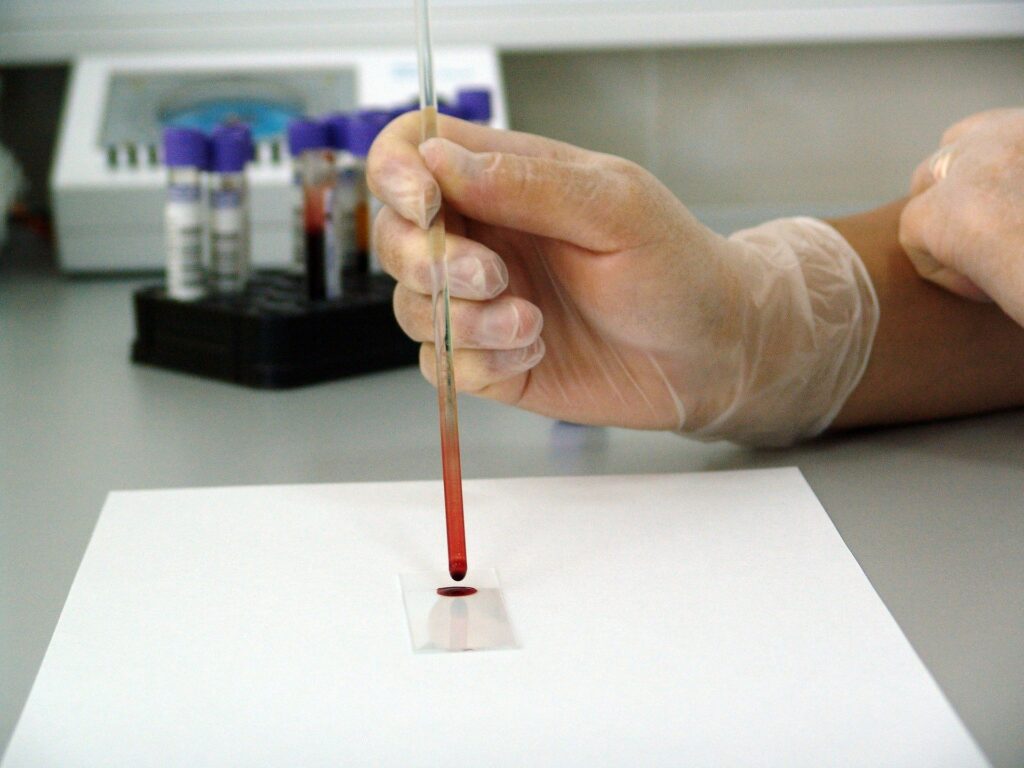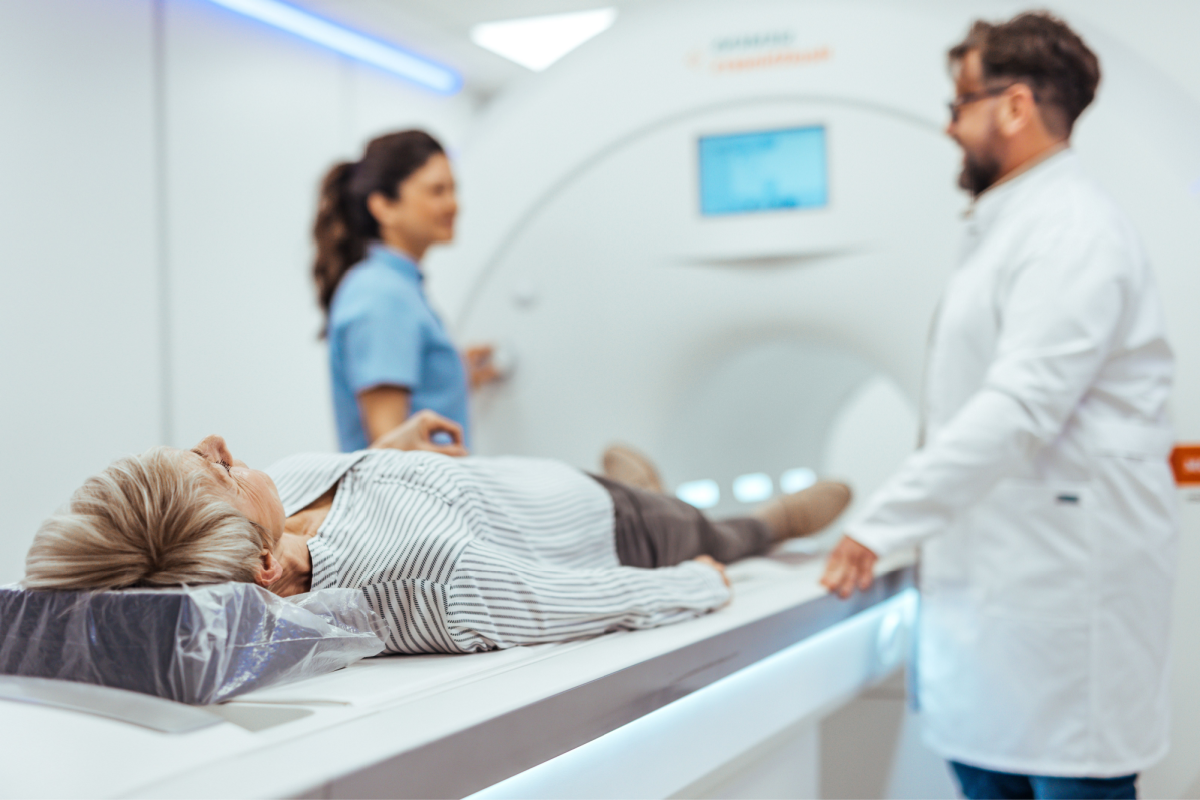Researchers have recently discovered that COVID-19 patients who develop serious complications from the disease tend to have a low number of T cells, or T lymphocytes, which are key cells of the immune system that help fight infections.
This may seem counterintuitive, as well as concerning, since the cells are among first line responders against attacks by viruses or other foreign pathogens in the body. However, the low T cells counts may be reflective of immune ‘exhaustion,’ where a hyper-activated immune system is dampened by inhibitory signals as an infection wears on.
The observations were made by researchers in the UK and China.
Related: Can Vitamin D Be Beneficial for COVID-19 Patients?
In the UK, scientists from the Francis Crick Institute, King’s College London and Guy’s and St. Thomas’ Hospital looked at immune cells in the blood of 60 patients infected with COVID-19. They found that there was a ‘crash’ in the number of T cells in the patients.
Healthy normal adults have 2,000 to 4,000 T cells in a microlitre (0.001mL) drop of blood. In comparison, the COVID-19 patients that the researchers evaluated only had between 200 and 1,200 of the cells.
Professor Adrian Hayday from the Crick Institute was greatly surprised by the findings. He said that T cells are “trying to protect us, but the virus seems to be doing something that’s pulling the rug from under them, because their numbers have declined dramatically.”
The researchers believe that these findings could serve as a disease indicator or biomarker and could therefore lead to the development of a “fingerprint test” to check levels of T cells in the blood; the results of the test could help identify patients that may go on to develop severe disease.
Moreover, the observed immune cell depletion could also present as a therapeutic target where a treatment could be developed to help reverse and restore T cell counts. In fact, the researchers are set to begin a clinical trial to test whether interleukin 7, a cytokine that can increase T cell numbers, can help in the treatment and recovery of patients.
In a study involving a small group of patients with sepsis, interleukin 7 has been shown to safely increase the production of T cells. In the COVID-19 trial, the treatment will be administered to patients with a low lymphocyte count who have been in critical care for more than three days, according to a report by the BBC.
T Cell Exhaustion and Cytokine Storm
In addition to the UK research, a retrospective study from China also found that COVID-19 patients had significantly low T cell counts in their blood.
In the study, published in the journal Frontiers in Immunology, Chinese scientists looked at T cell numbers in 499 COVID-19 patients in the city of Wuhan, the site of the first outbreak of the disease. The Chinese researchers found reduced T cell numbers (both CD4+ and CD8+ T cells) in 76 percent of patients, with levels much lower in those receiving intensive care. According to the study, total T cell, CD4+ T cell and CD8+ T cell counts lower than 800, 300, or 400/μL, respectively, were negatively correlated with patient survival.
Additionally, they found a negative correlation between T cell numbers and levels of various cytokines.
In examining the blood of the patients, they found that levels of the pro-inflammatory cytokines TNF-alpha, IL-6 and IL-10 were significantly increased in infected patients. The levels were even higher in intensive care patients. TNF-alpha is involved in triggering T cell death while dysregulated levels of IL-6 can induce chronic inflammation.
Overproduction of cytokines leads to a deadly condition known as ‘cytokine storm,’ in which cytokines flood the blood; this severe complication can occur in respiratory infections such as influenza as well as COVID-19. In severe cases of COVID-19, cytokine storm has been a common complication underlying the potential fatalness of the disease.
The study found that as patients recovered, their T cell counts improved and levels of the elevated cytokines decreased. The researchers suggest that the pro-inflammatory cytokines are not likely produced by T cells, but that the cytokine storm that they trigger may inhibit cellular survival and proliferation, leading to the death of these crucial immune cells.
Based on these findings, the researchers hypothesized that instead of targeting T cells directly, the novel coronavirus triggers the increased production of cytokines, which can lead to the depletion and exhaustion of T cells.
Interestingly, T cells that did survive displayed signs of ‘exhaustion,’ with increased expression of PD-1 and Tim-3 on their surface, which are immune-inhibitory factors that suppress cellular function. The elevated levels of these factors are an indication that the functioning of the T cells was impaired, said the researchers.
The study’s corresponding author, Yongwen Chen of the Third Military Medical University in China, said in a statement, “We should pay more attention to T cell counts and their function, rather than respiratory function of patients.” He added that, “more urgent, early intervention may be required in patients with low T lymphocyte counts.”












Join or login to leave a comment
JOIN LOGIN